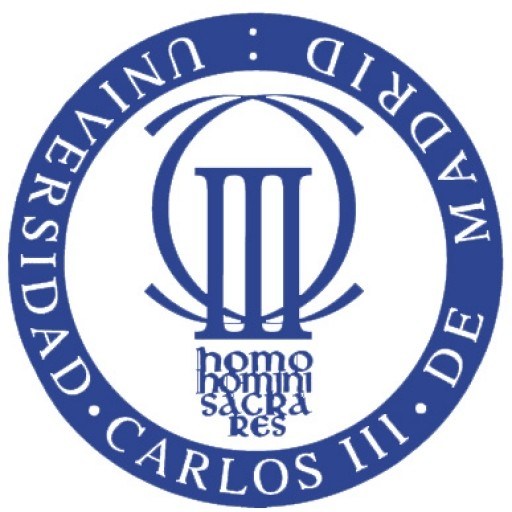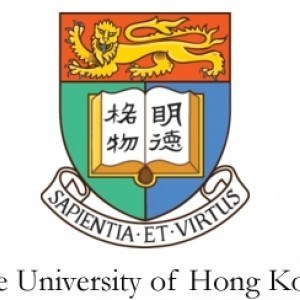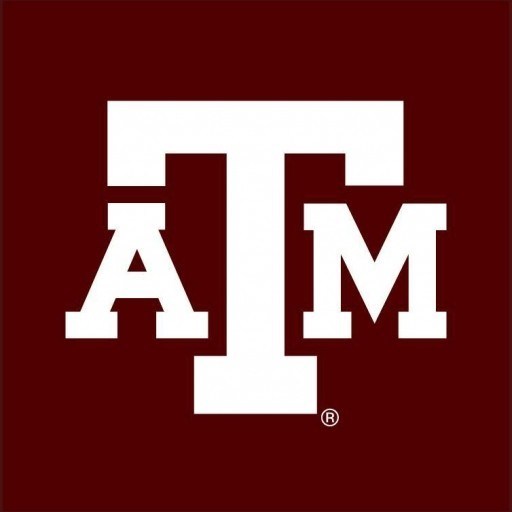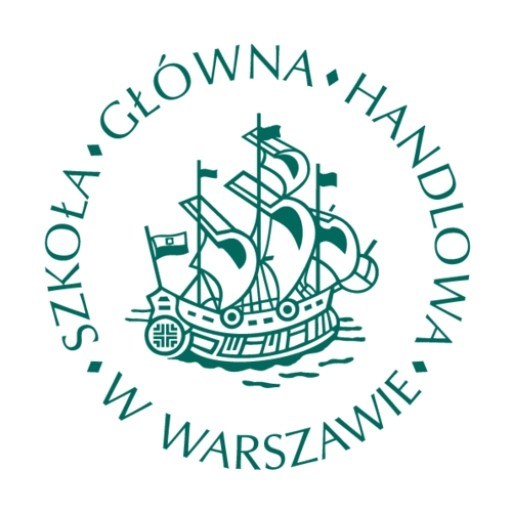Photos of university / #universidadcarlosiiidemadrid
Research in Business and Finance at Charles III University of Madrid is a comprehensive and rigorous postgraduate program designed for students seeking to deepen their understanding of the theoretical and practical aspects of business, economics, and financial analysis. This program aims to equip students with advanced research skills, enabling them to contribute to academic knowledge and address real-world challenges faced by organizations and financial markets. The curriculum combines theoretical foundations with empirical research methodologies, fostering critical thinking, data analysis, and innovative problem-solving abilities. Students will engage with multidisciplinary topics such as financial economics, corporate finance, investment analysis, risk management, and economic policy, preparing them for careers in academia, consultancy, financial institutions, or managerial roles. The program emphasizes the development of strong quantitative skills, including statistical software proficiency and data modeling techniques, which are essential for conducting independent research and producing impactful publications. Through a combination of lectures, seminars, workshops, and research projects, students will have opportunities to collaborate with faculty members who are active researchers and experts in their fields. The program also offers access to state-of-the-art research facilities and databases, fostering an environment conducive to high-quality scholarly work. Graduates of this program will be well-positioned to pursue doctoral studies or enter the labor market with a profound understanding of business dynamics and financial systems. Overall, Research in Business and Finance at Charles III University of Madrid is committed to fostering an academic community dedicated to excellence in research, innovation, and the dissemination of knowledge in the fields of business and finance.
Program Content: Business and Finance (Research) at Charles III University of Madrid
The Business and Finance (Research) program at Charles III University of Madrid is designed to provide students with a comprehensive understanding of advanced concepts in business management, financial analysis, and economic theory, focusing on research methodologies and empirical analysis. The program aims to equip graduates with the necessary skills to undertake independent research, analyze complex financial data, and contribute to academic and professional knowledge in the fields of business and finance.
Throughout the program, students will engage with a wide range of topics, including corporate finance, investment analysis, international financial markets, risk management, strategic management, and organizational theory. Emphasis is placed on developing critical thinking and analytical skills through the application of quantitative and qualitative research methods. This prepares students to analyze real-world business problems and develop innovative solutions, grounded in rigorous research and empirical evidence.
The curriculum combines theoretical coursework with practical research training. Students are encouraged to participate in seminars, workshops, and conferences that focus on current issues in business and finance research. They will also have the opportunity to work closely with faculty members who are active researchers, contributing to ongoing projects and publications in top academic journals.
A key component of the program is the dissertation or research project, where students apply their learned skills to delve deeply into a specific topic of interest within business and finance. Under supervision, students conduct original research, analyze data, and produce a scholarly paper that demonstrates their ability to contribute to academic discourse.
In addition to research skills, the program also emphasizes the development of essential soft skills such as academic writing, presentation, and communication skills. These are vital for pursuing careers in academia, research institutions, financial organizations, consultancy firms, or governmental agencies.
Graduates of the Business and Finance (Research) program will be well-prepared for doctoral studies or research-oriented careers in academia, finance, and business consultancy. The program’s focus on rigorous methodology, empirical data analysis, and critical thinking ensures that students are equipped to contribute valuable insights to the fields of business and finance on both a national and international level.
Program requirements for the Business and Finance (Research) Master's Degree at Charles III University of Madrid generally include the following: applicants must hold a recognized undergraduate degree in Business Administration, Economics, Finance, or related fields. Prior academic performance is considered, with a preference for applicants demonstrating strong foundational knowledge in quantitative methods, finance, and management. Applicants are usually required to submit a completed application form, academic transcripts, a curriculum vitae detailing relevant experience, and a personal statement outlining research interests and motivation for pursuing the program. Additionally, some programs may require letters of recommendation from academic or professional references to evaluate the applicant's suitability and potential for research. Proficiency in English is often necessary, evidenced through standardized tests such as TOEFL or IELTS, unless the applicant's previous education was conducted in English. Depending on the specific admission cycle, interviews may also be conducted to assess the applicant's research aptitude and motivation. It is recommended that applicants possess a clear research proposal or interest that aligns with faculty expertise. Financial documentation might be required for international students to prove sufficient funding during their studies. Moreover, candidates might need to demonstrate familiarity with research methodologies, quantitative analysis, and academic writing to succeed. The program is designed for students seeking advanced training in research within Business and Finance disciplines, aiming to prepare graduates for doctoral studies or research-oriented careers. International applicants should check for any additional visa or immigration requirements specific to their country of residence. Overall, prospective students must carefully review the specific admission guidelines provided on the university's official website and adhere to application deadlines.
Funding for the Business and Finance (Research) program at Charles III University of Madrid primarily comes from a combination of tuition fees, scholarships, grants, and institutional support. The university offers a variety of financial aid options to support students throughout their academic journey. Scholarships are available for both domestic and international students based on academic merit, financial need, or specific eligibility criteria such as research excellence or demographic factors. Additionally, students may apply for research grants and assistantships, which often provide stipends or financial support in exchange for assistance with research projects or teaching responsibilities. The university also collaborates with industry partners and governmental agencies, offering funding opportunities for research projects and doctoral dissertations aligned with regional economic development priorities. Oftentimes, students are encouraged to seek external funding from national or European research programs such as the European Research Council (ERC) or the Spanish Ministry of Science and Innovation. Moreover, the university's financial aid department provides guidance and support to help students identify suitable funding options and complete necessary applications. Many students supplement their financial resources through part-time work placements, internships, or university-sponsored employment programs. The university’s aim is to ensure that financial barriers do not prevent qualified candidates from pursuing advanced research in Business and Finance. Overall, the program's financing landscape is designed to promote accessibility and support academic excellence through a combination of internal and external funding sources, fostering a diverse and vibrant research community.
The master's degree in Research in Business and Finance at Charles III University of Madrid is designed to provide students with in-depth knowledge and advanced skills in conducting high-quality research within the fields of business and finance. This programme aims to prepare graduates for academic careers, research positions in the financial sector, consultancy roles, or to pursue further doctoral studies. The curriculum combines theoretical foundations with practical research methodologies, emphasizing rigorous analysis, data interpretation, and the development of innovative solutions to complex problems encountered in business and financial environments. Students will engage with topics such as quantitative and qualitative research methods, financial analysis, econometrics, corporate finance, investment strategies, and behavioral finance. The programme often includes seminars, workshops, and independent research projects, encouraging critical thinking and original inquiry. Faculty members are typically involved in active research, providing mentorship and guidance for students' thesis projects. The programme may also foster collaborations with financial institutions and business organizations, offering students real-world insights and internship opportunities. Graduates of this master's program are expected to gain competencies that enable them to contribute effectively to academic research, policy-making, and industry innovation. The programme usually spans one or two years, with options for full-time or part-time study, depending on the student's circumstances. Admission requirements generally include a relevant undergraduate degree, language proficiency in English or Spanish, and sometimes relevant work experience. Upon completion, students receive a master's degree recognized within the European Higher Education Area, often facilitating progression to doctoral programmes or specialized careers in the financial and business sectors.










